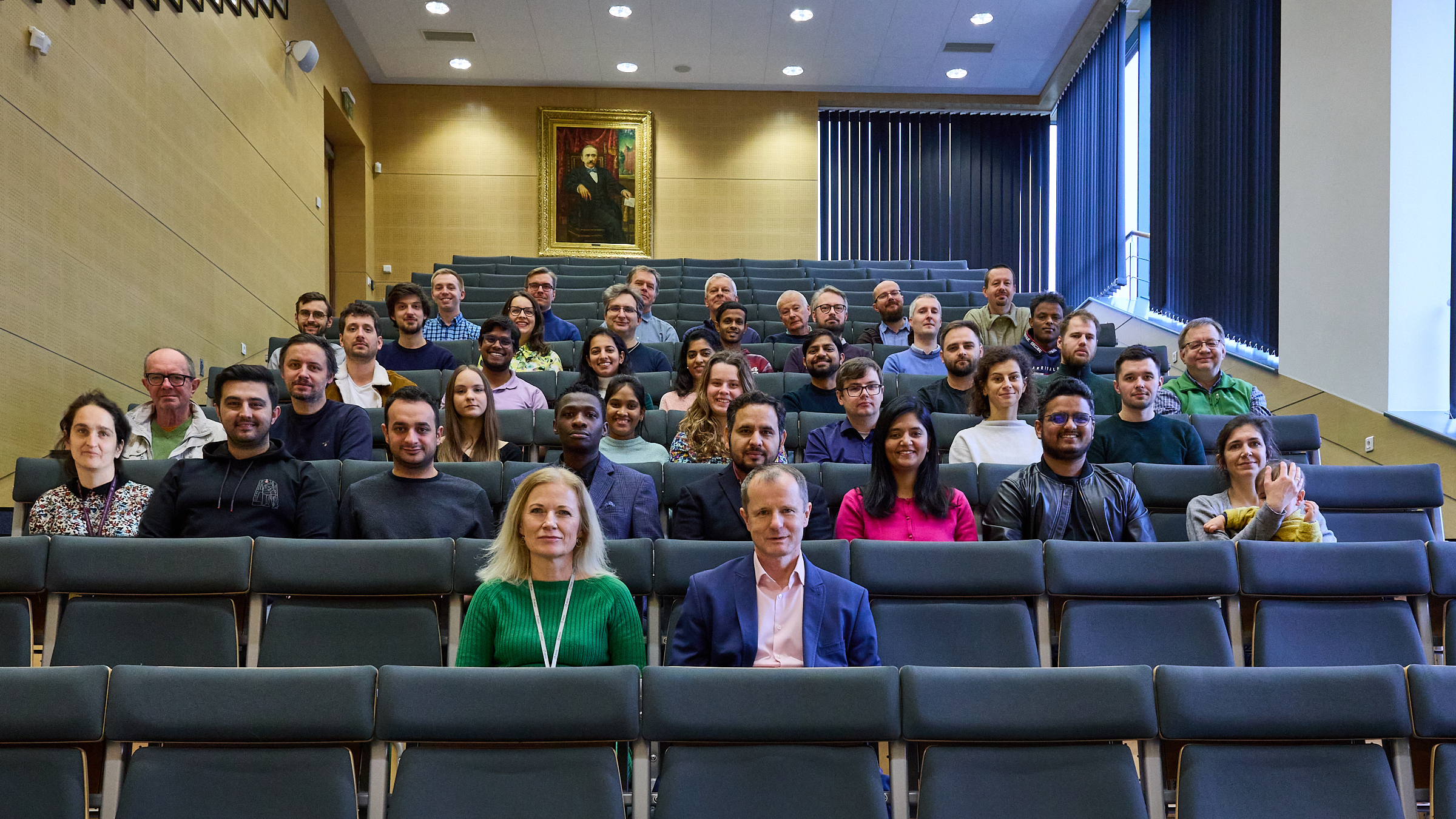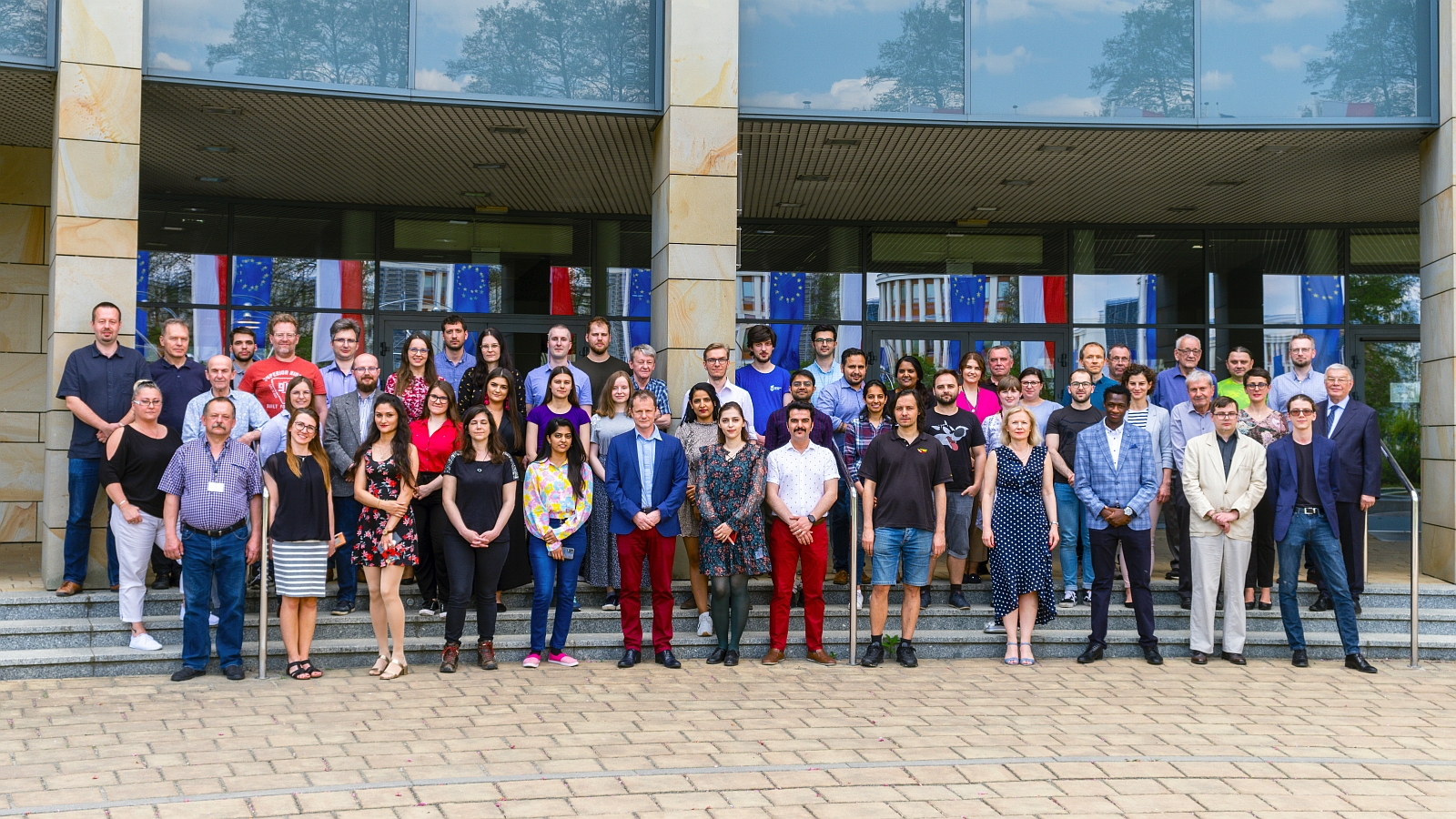HOME / MAESTRO PROGRAMME
Project
The goal of this project is the elaboration of new non-invasive imaging methods for positron emission tomography of the whole human body which would enable fast and real-time diagnosis of cancer and cardiovascular diseases. The resulting methods will be verified by clinical trials with healthy subjects as well as patients with cancer and cardiovascular diseases.
Positron emission tomography (PET) is a well-established diagnostic method enabling the detection of tissue pathology on a molecular level before it evolves into functional or morphological abnormalities. Currently, routine PET diagnosis with scanners of about 20 cm in length, in a single bed position, enables for the simultaneous diagnosis of individual organs only, and the diagnosis of the whole body requires a combination of a series of sequential images obtained for many patient positions in the scanner. With the advent of the total-body PET, a PET with a length of 200 cm, precision medicine has been enhanced with a new tool that allows for the simultaneous molecular imaging of the whole human body. Thanks to the high sensitivity, total body PET enables the significant reduction of the whole-body imaging duration or the reduction of the dose of the radiopharmaceutical, thus opening perspectives for the application of PET to a wider group of patients also those having systemic diseases. PET is most often used for the diagnosis of cancer diseases, however, in the case of the total-body covering it may be also effectively used for the diagnosis of cardiovascular diseases.
Positron emission tomography (PET) is a well-established diagnostic method enabling the detection of tissue pathology on a molecular level before it evolves into functional or morphological abnormalities. Currently, routine PET diagnosis with scanners of about 20 cm in length, in a single bed position, enables for the simultaneous diagnosis of individual organs only, and the diagnosis of the whole body requires a combination of a series of sequential images obtained for many patient positions in the scanner. With the advent of the total-body PET, a PET with a length of 200 cm, precision medicine has been enhanced with a new tool that allows for the simultaneous molecular imaging of the whole human body. Thanks to the high sensitivity, total body PET enables the significant reduction of the whole-body imaging duration or the reduction of the dose of the radiopharmaceutical, thus opening perspectives for the application of PET to a wider group of patients also those having systemic diseases. PET is most often used for the diagnosis of cancer diseases, however, in the case of the total-body covering it may be also effectively used for the diagnosis of cardiovascular diseases.
Contact:
Department of Experimental Particle Physics and Applications
+48 12 664 4558
p.moskal@uj.edu.pl
https://koza.if.uj.edu.pl/maestro
+48 12 664 4558
p.moskal@uj.edu.pl
https://koza.if.uj.edu.pl/maestro
Job opportunities:
We are looking for a post-doc willing to participate in the MAESTRO NSC research project.


